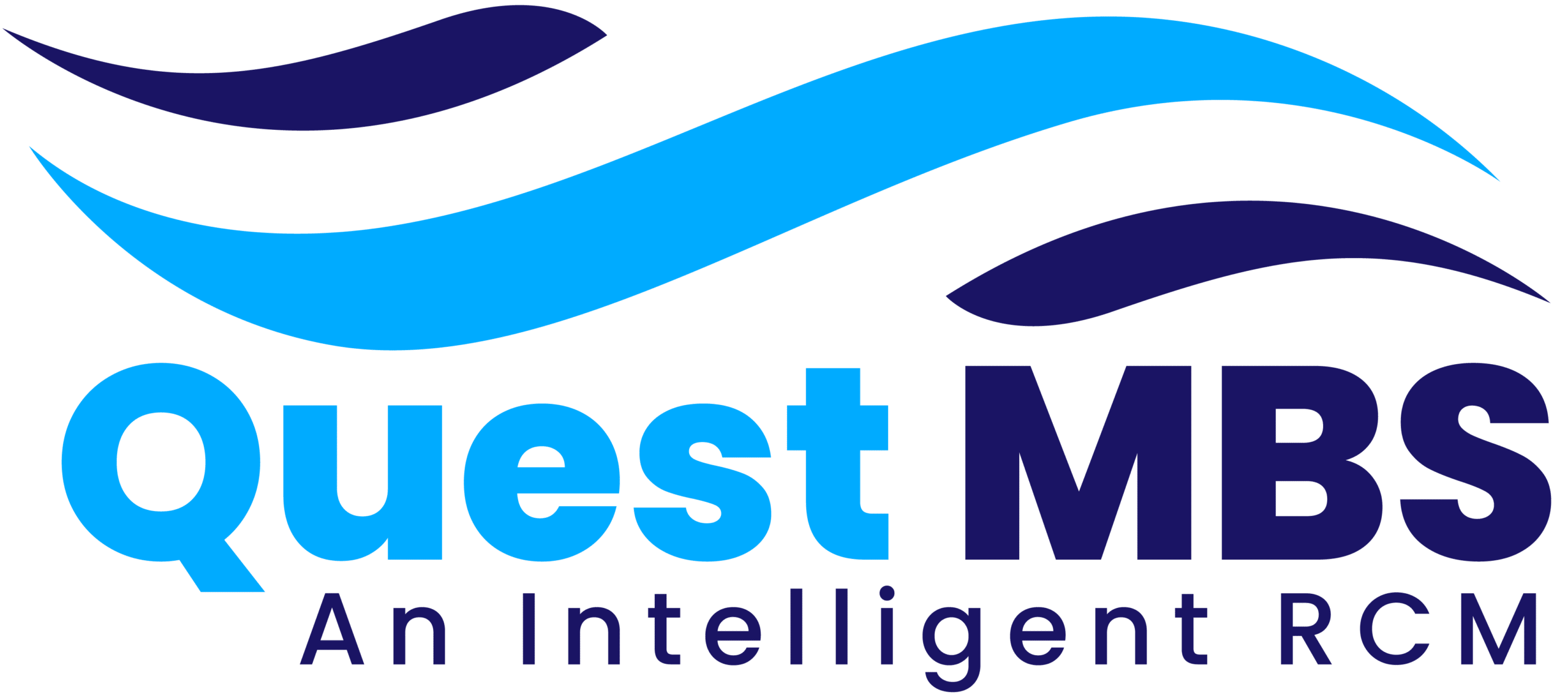Introduction
Medical billing is a crucial component of the healthcare system, ensuring that healthcare providers receive proper compensation for their services. Medical billers act as the bridge between healthcare providers, insurance companies, and patients by managing financial transactions and maintaining the flow of revenue in medical practices. Their responsibilities and skill set are integral to the smooth functioning of healthcare facilities. This article explores the essential role of medical billers, their key responsibilities, and the skills required to excel in this profession.
The Importance of Medical Billers in Healthcare
Medical billers play a significant role in maintaining the financial health of medical facilities. Without efficient medical billing, healthcare providers might face delayed payments, revenue losses, and financial instability. Medical billers ensure accurate claims processing, proper coding compliance, and timely reimbursements. Their work contributes to reducing billing errors, preventing claim denials, and improving patient satisfaction by addressing billing inquiries.
Responsibilities of Medical Billers
Medical billers handle a wide range of tasks that require precision, attention to detail, and thorough knowledge of healthcare policies. Below are some of the primary responsibilities of medical billers:
1. Patient Information Management
Medical billers collect and maintain accurate patient information, including personal details, insurance coverage, and medical history. Ensuring that patient data is up-to-date and correct is crucial for smooth billing and claim processing.
2. Insurance Verification and Eligibility Check
Before services are provided, medical billers verify patients’ insurance coverage to determine eligibility, co-pays, and deductibles. This step helps avoid claim rejections and ensures that patients understand their financial responsibilities upfront.
3. Medical Coding and Billing
Although medical coders assign standardized codes to medical procedures and diagnoses, medical billers must be familiar with coding standards such as ICD-10, CPT, and HCPCS. They use these codes to create claims that are submitted to insurance companies for reimbursement.
4. Claim Submission and Follow-Up
Once a claim is prepared, medical billers submit it to insurance providers for approval and payment. If claims are denied or delayed, they follow up with insurance companies to resolve any discrepancies, ensuring timely reimbursements.
5. Managing Denied Claims and Appeals
Insurance companies may reject claims due to errors, lack of coverage, or missing documentation. Medical billers analyze the reasons for claim denials, correct errors, and resubmit claims or file appeals when necessary to secure payments.
6. Handling Patient Billing and Payments
In cases where insurance does not cover the full cost of treatment, medical billers generate patient invoices and send payment reminders. They also set up payment plans for patients who need financial assistance in settling their medical bills.
7. Compliance with Healthcare Regulations
Medical billers must adhere to federal and state healthcare regulations, including the Health Insurance Portability and Accountability Act (HIPAA). Compliance ensures the confidentiality and security of patient data while avoiding legal penalties.
8. Collaboration with Healthcare Providers and Patients
Medical billers regularly communicate with healthcare professionals, insurance representatives, and patients to resolve billing issues and clarify payment concerns. They act as intermediaries, ensuring that all parties are informed about billing-related matters.
Essential Skills of a Medical Biller
Medical billing is a specialized profession that requires a combination of technical knowledge, problem-solving abilities, and customer service skills. Below are the essential skills needed to succeed in this field:
1. Attention to Detail
Medical billing involves processing a high volume of transactions with accuracy. Even minor mistakes in coding, patient information, or claim submission can lead to claim denials and financial losses. Attention to detail is crucial in minimizing errors.
2. Knowledge of Medical Terminology and Coding Systems
A strong understanding of medical terminology, procedural codes (CPT), diagnosis codes (ICD-10), and healthcare common procedure coding systems (HCPCS) is essential. Medical billers must stay updated with coding changes and industry standards.
3. Proficiency in Billing Software and Electronic Health Records (EHR)
Medical billers use specialized billing software and electronic health record (EHR) systems to process claims efficiently. Familiarity with tools such as Medisoft, AdvancedMD, and Kareo is advantageous in streamlining billing processes.
4. Communication and Customer Service Skills
Medical billers interact with healthcare providers, insurance companies, and patients daily. Strong communication skills help them explain billing procedures, address patient concerns, and negotiate claim approvals with insurance representatives.
5. Problem-Solving and Analytical Skills
Claim denials and billing disputes are common in medical billing. Effective problem-solving skills enable medical billers to analyze issues, identify solutions, and take corrective actions to ensure payments are processed smoothly.
6. Understanding of Insurance Policies and Regulations
Medical billers must be familiar with various insurance plans, including Medicare, Medicaid, and private insurers. They should also understand regulations like HIPAA, Affordable Care Act (ACA), and Centers for Medicare & Medicaid Services (CMS) guidelines.
7. Time Management and Organizational Skills
Medical billers handle multiple tasks, such as claim processing, patient inquiries, and follow-ups. Strong organizational and time management skills help them prioritize workloads and meet deadlines effectively.
8. Mathematical and Accounting Skills
Since medical billing involves calculating medical expenses, insurance reimbursements, and patient payments, having basic mathematical and accounting skills ensures accuracy in financial transactions.
Career Opportunities and Advancement in Medical Billing
The demand for skilled medical billers is growing as healthcare facilities rely on efficient billing processes to manage their revenue cycles. Career opportunities in medical billing include:
- Medical Biller and Coder – A professional handling both coding and billing responsibilities.
- Billing Specialist – Focused on claim submissions and payment processing.
- Revenue Cycle Manager – Overseeing the entire billing and collection process.
- Medical Billing Consultant – Providing expertise to healthcare facilities for billing optimization.
- Healthcare Compliance Officer – Ensuring that medical billing follows legal and ethical guidelines.
Medical billers can advance in their careers by obtaining certifications such as the Certified Professional Biller (CPB) from the AAPC or Certified Billing and Coding Specialist (CBCS) from the NHA. Continuous education and training in healthcare policies, insurance regulations, and billing software enhance professional growth.
Conclusion
Medical billers are essential to the healthcare system, ensuring accurate financial transactions between healthcare providers, insurance companies, and patients. Their responsibilities, including patient data management, claim processing, compliance adherence, and problem resolution, contribute to the efficiency of healthcare services. To succeed in this field, medical billers must possess strong analytical skills, attention to detail, knowledge of medical coding, and excellent communication abilities. With the increasing demand for healthcare services, medical billing continues to be a promising career with numerous growth opportunities. Those interested in this profession can enhance their expertise through certifications and continuous learning, making them valuable assets to the healthcare industry.







